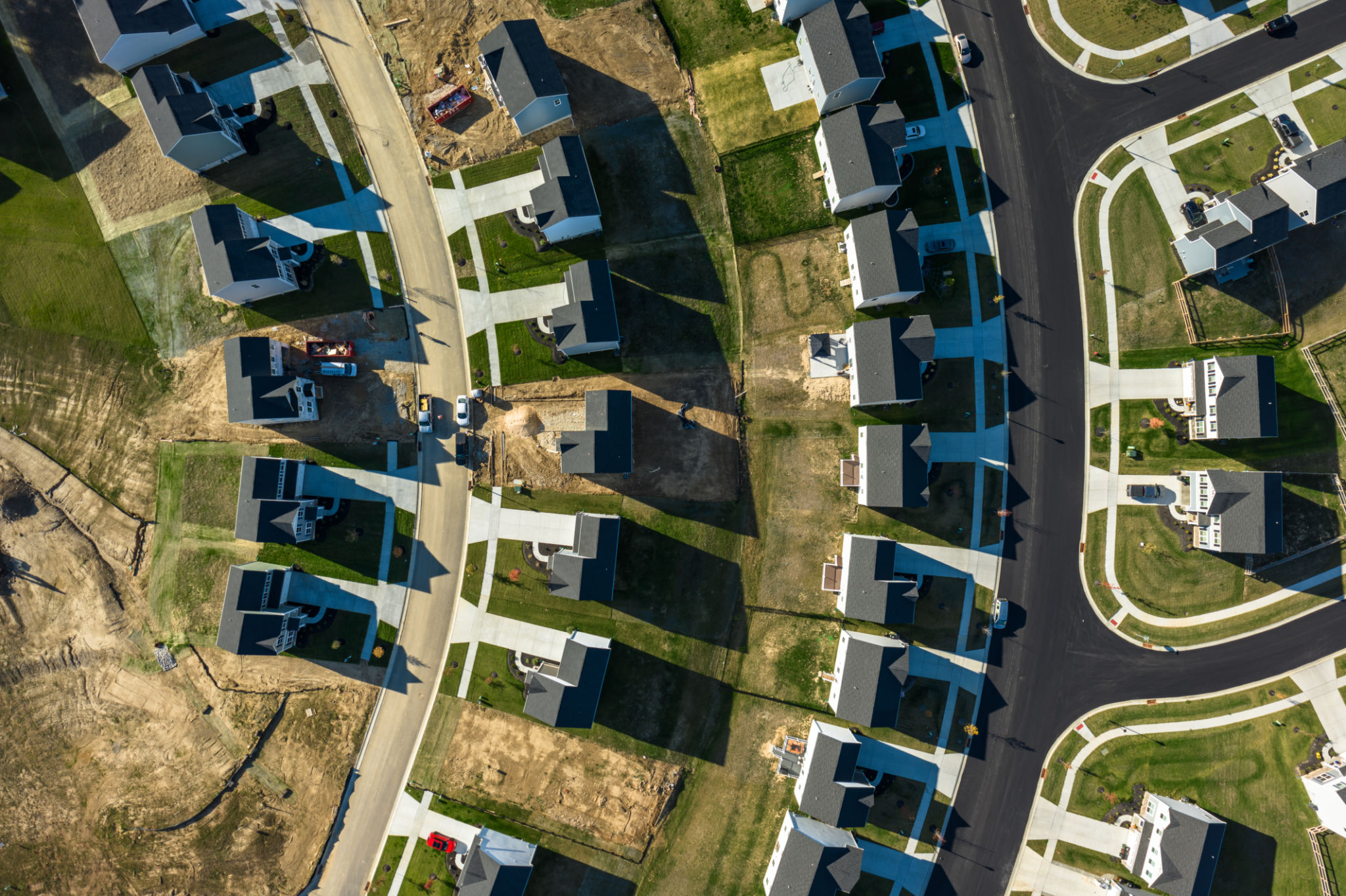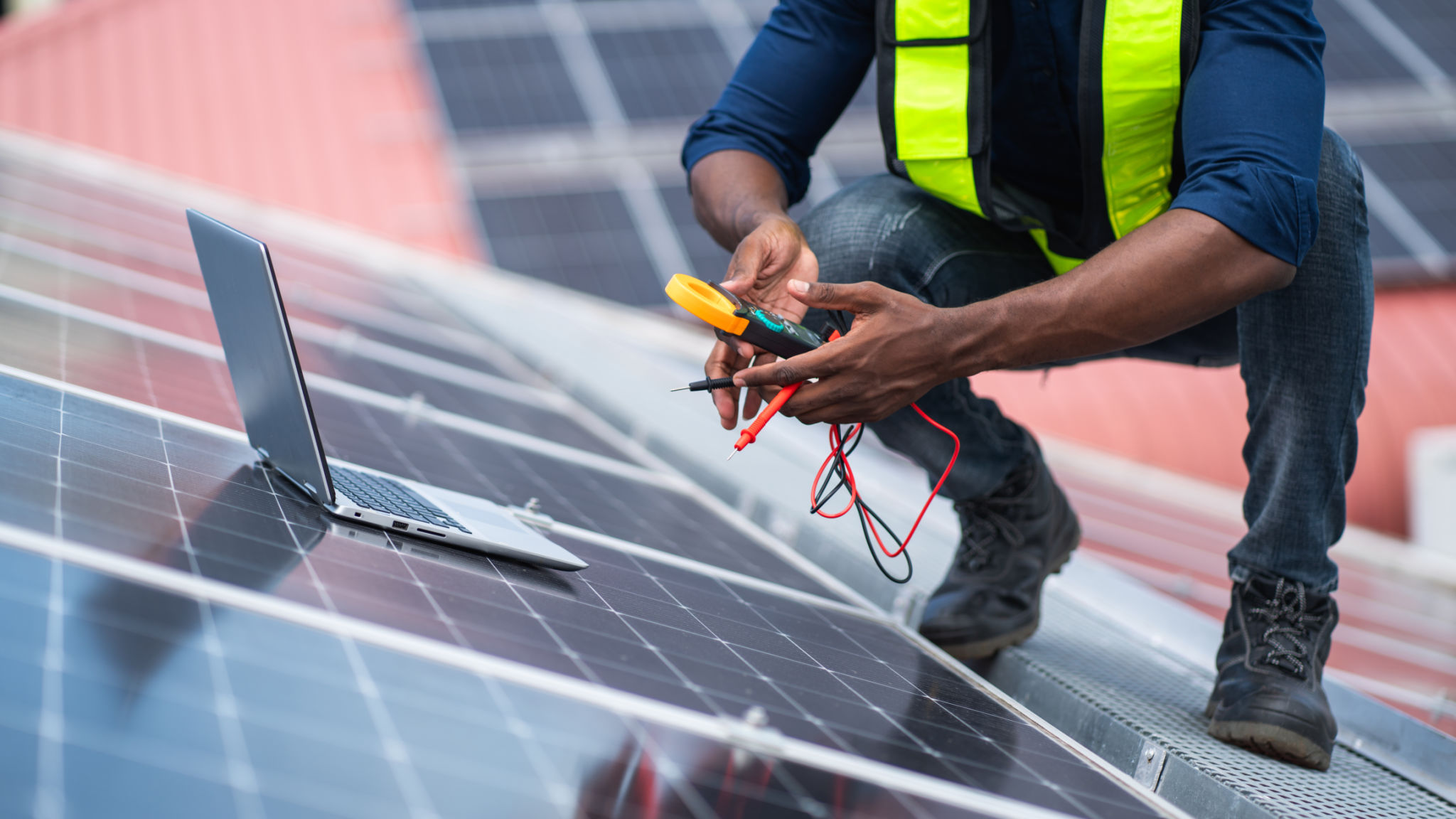How Ghanaian Infrastructure Rivals International Standards: A Comparative Analysis
Introduction to Ghana's Infrastructure
In recent years, Ghana has made significant strides in developing its infrastructure, moving closer to international standards. This progress is evident in various sectors, from transportation and energy to telecommunications. With a robust plan for sustainable growth, Ghana is setting an example for other developing nations.
Infrastructure is a critical component of any nation's development, and Ghana's commitment to improving its facilities is commendable. By investing in modern infrastructure, the country is not only improving the quality of life for its citizens but also attracting foreign investment and boosting economic growth.

Transportation: The Backbone of Ghana's Economy
One of the most notable areas where Ghanaian infrastructure rivals international standards is transportation. The expansion and modernization of roads, airports, and ports have greatly enhanced connectivity within the country and beyond. The Tema Port, for instance, is one of the largest and most efficient ports in Africa, handling a significant volume of the continent's trade.
Additionally, the government has invested heavily in road networks, reducing travel time and improving safety. The construction of the Accra-Tema Motorway and other major highways has facilitated smoother transportation of goods and people, contributing to economic growth.
Railway Revival
Ghana's railway system is also undergoing a transformation. The government has launched initiatives to revitalize the railway network, aiming to connect major cities and improve freight transport. This development not only enhances domestic trade but also positions Ghana as a key player in regional logistics.

Energy Sector: Powering Ghana's Future
In the energy sector, Ghana has made remarkable progress in ensuring a stable and reliable power supply. The country has harnessed its natural resources, such as oil and gas, to develop a diverse energy mix that includes renewable sources like solar and wind power.
Ghana's commitment to sustainable energy is further highlighted by initiatives such as the Akosombo Dam, which provides a significant portion of the nation's electricity. The government's focus on expanding access to electricity has led to increased rural electrification, improving the quality of life in remote areas.

Telecommunications: Bridging the Digital Divide
The telecommunications sector in Ghana has also seen substantial growth, with advancements in mobile technology and internet connectivity. The widespread availability of mobile phones and affordable data packages has enabled more Ghanaians to access digital services and information.
The government and private sector have worked together to improve internet infrastructure, resulting in faster speeds and broader coverage. This digital transformation is empowering businesses, fostering innovation, and enabling citizens to participate in the global economy.
Impact on Education and Healthcare
Improved telecommunications infrastructure has had a positive impact on education and healthcare in Ghana. E-learning platforms are becoming more accessible, allowing students to learn from anywhere in the country. In healthcare, telemedicine services are bridging the gap between urban and rural areas, providing essential medical care to underserved communities.

Conclusion: A Model for Sustainable Development
Ghana's commitment to developing its infrastructure to meet international standards is setting a benchmark for sustainable development in Africa. By focusing on key sectors such as transportation, energy, and telecommunications, the country is enhancing its economic potential and improving the quality of life for its citizens.
As Ghana continues to invest in its infrastructure, it serves as an inspiring example for other developing nations aiming to achieve similar success. With strategic planning and international collaboration, Ghana is paving the way for a brighter future.
